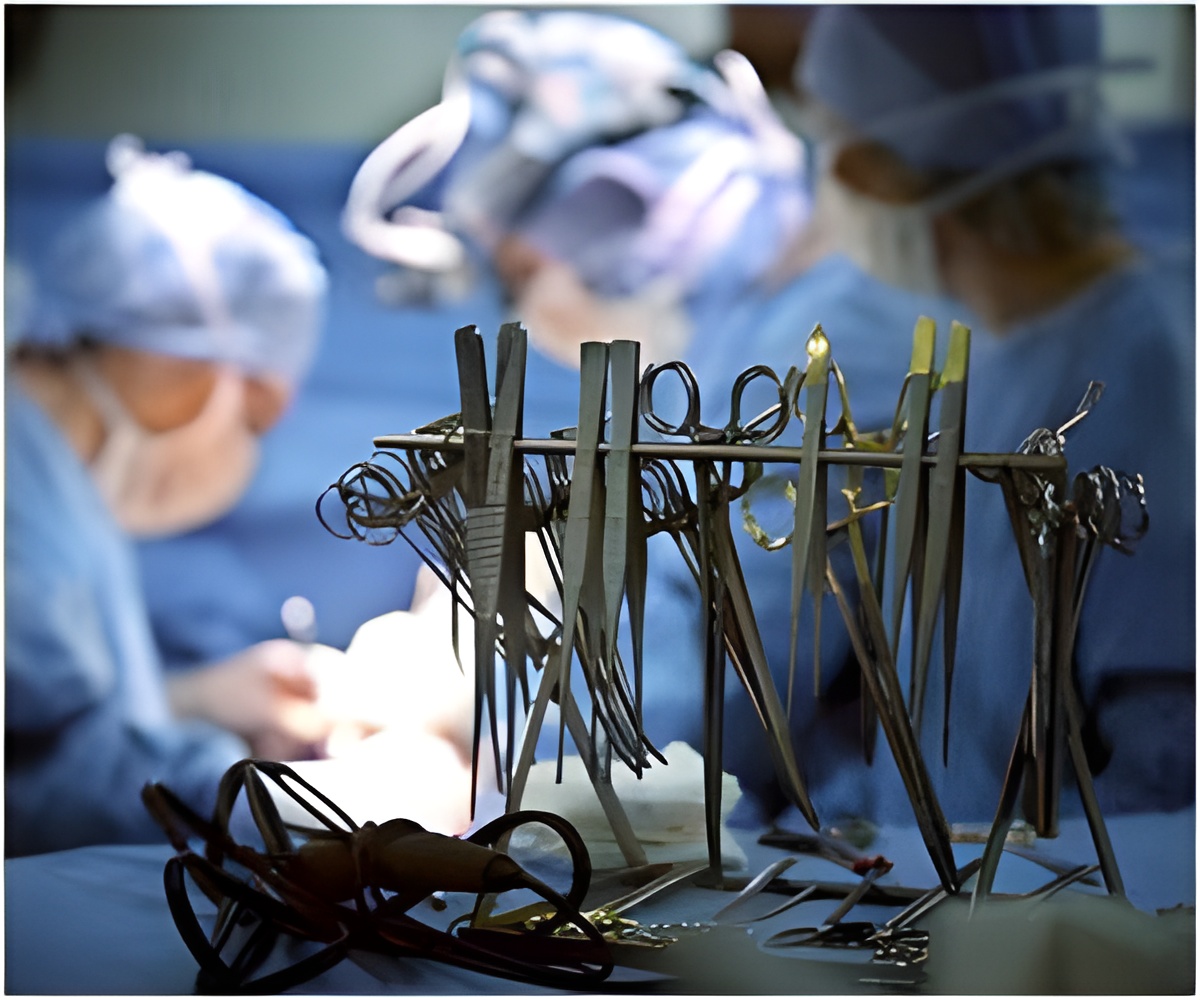
‘The severely wounded victims of Boko Haram attacks are alive at all is a positive sign and testament to the increasing skills in "battlefield surgery" of doctors.’
Tweet it Now
Such cases have become a familiar sight in the hospitals of Maiduguri, northeast Nigeria, since Boko Haram Islamists began their deadly insurgency nearly seven years ago. Some 17,000, if not more, are estimated to have been killed since then. At least as many have been injured.
Tesfaye Makonnen and his team deal with many of the so-called "weapon-wounded" at the Borno State Specialist Hospital in Maiduguri and as they recover in a newly opened 33-bed ward.
On any given day the senior trauma surgeon with the International Red Cross (ICRC) can be found in the operating theatre, repairing the damage caused by bullets and bombs.
But the fact the severely wounded are alive at all is a positive sign and testament to the increasing skills in "battlefield surgery" of doctors working in the much-targeted city, he said.
Advertisement
"Either they would have died from the primary injury, from bleeding, or they would have died from sepsis, infection."
Advertisement
Baba Ali Bukar, a 34-year-old food trader, has been in hospital since June last year when both his legs were badly damaged by a bomb blast in the Borno town of Monguno.
"They (the doctors) had lost hope in the right leg. I had three surgeries. Some of the bones were shattered," he said.
"They had to remove them to allow the bones to form again before finally they put it in a cast. If it wasn't for the ICRC my leg would have had to be amputated... I would have been finished."
Bukar's fears aren't unusual among patients. Earning a living is everything in Nigeria, where the only financial safety net is the generosity of family and friends.
Usman Bukar Isyaku's legs are still in plaster five months after an explosion at a mosque. Daniel Auta stumbled across a group of militants in December last year and was shot.
Falmata Mustapha is at the start of her journey to recovery after being injured in an attack just outside Maiduguri last month that also killed her two-year-old daughter.
Getting better and back to work unites them all.
"I have people I take care of," said Isyaku, a 30-year-old builder, from his bed on the male orthopaedic ward at the University of Maiduguri Teaching Hospital (UMTH).
"I have a wife and four kids and of course I'm the breadwinner. Now this has happened to me, I'm just praying that I will recover and continue with my job."
- Long-term care -
For the injured, the cost of care is at least free. The hospitals, state government or international agencies such as ICRC and Doctors Without Borders (MSF) pick up the tab.
Additional finance comes from various support funds but the burden of repeated attacks has been heavy, stretching overworked staff and meagre resources.
Behind the iron gates and security guards in the UMTH accident and emergency unit, mattresses have been put on the floor on one side of the 30-bed ward to allow more people to be treated.
All are occupied by patients, their sleeping children and families, surrounded by overflowing bins of bloodied bandages, dressings, discarded surgical gloves and empty medicine boxes.
Staff describe the influx of newly wounded into such a situation as "mayhem" after a fresh attack.
Helping those affected requires longer term, specialist attention in an impoverished region that was lacking basic medical care, equipment and doctors even before the insurgency.
Even if the conflict ends tomorrow, its physical and psychological legacy will last a lifetime.
Children like 12-year-old Isa Lawan, who lost his right hand, not only fear for a future with a disability but appear to have little or no understanding of why it happened to them.
"It was after evening prayers," he said quietly from his bed on the ICRC ward, trying hard to fight back tears. "A woman came in. There was a sort of laser light beeping on her chest.
"When my father asked her to leave she kept advancing towards him. My father stepped back and she exploded... She killed 19 people."
Source-Medindia










